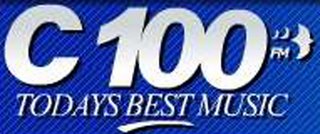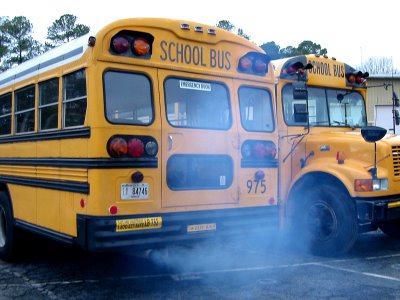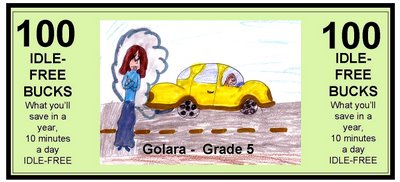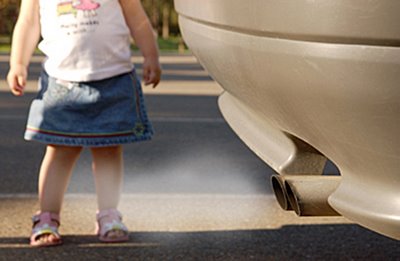

November 23, 2006
FOR IMMEDIATE RELEASE (To hear the radio spots, click on the video below)
C100FM, 92 CJCH and The Children’s Clean Air Network (CCAN) are joining forces to help clear the air for kids across Halifax. The CHUM radio stations have a strong track record in supporting children’s causes, including the C100 IWK Radiothon, the C100 Annual Toy Drive, and the 92 CJCH Hats and Mitts for Kids campaign.
“The leading reason for hospital visits by kids in Nova Scotia is asthma. Motorists need to know that if they stop idling whenever they can, it’ll have a dramatic effect in cleaning up our air and reducing asthma attacks for kids across Halifax,” says Terry Williams, Program Director for C100 and 92 CJCH.
“Our listeners are a natural fit for The Children’s Clean Air Network public service campaign. Many of them are mothers with children. When they hear the voice of the young girl in these spots asking her mother to stop her engine, to clear the air, save money and resources, we’re confident they’ll respond,” says Williams.
“C100 and 92 CJCH are in a unique position to have a huge impact on this issue,” says Ron Zima of The Children’s Clean Air Network. “Many folks often idle their vehicles while listening to the radio. It’s the ideal medium for the message and the radio stations’ reach is wide, particularly with women who have children,” Zima says.
A campaign of pre-produced public service announcements will begin airing on C100 and 92 CJCH in January after the busy Christmas season. Other cross-promotional activity with the radio stations is planned as well.
(To hear the radio spots, click on the video below)






